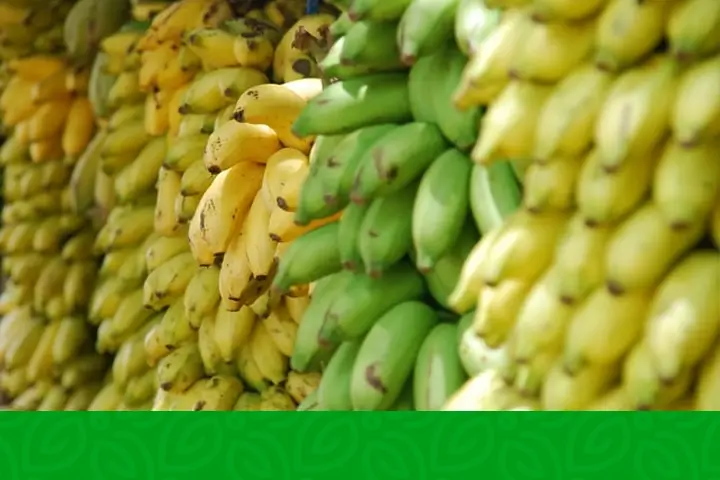
When Tanzania’s Plant Health and Pesticides Authority announced on April 23 a sudden ban on agricultural imports from Malawi and South Africa, markets across the Southern African Development Community (SADC) braced for impact. Just 48 hours later, the ban was quietly reversed, setting the stage for renewed diplomatic engagement and a reminder that open dialogue remains the region’s strongest trade currency.
A Swift Reversal Sparks Relief
By April 25, Tanzanian farmers, Malawian maize exporters and South African fertilizer suppliers breathed a collective sigh of relief. Tanzania’s decision to lift the ban—and to resume its fertilizer exports to Malawi—was confirmed by TPHPA Director General Joseph Ndunguru. “We have restored trade to enable a diplomatic ministerial discussion,” he said, underscoring the government’s focus on resolving tensions rather than entrenching them.
This about-face followed intensive conversations between senior officials in Dar es Salaam, Lilongwe and Pretoria. In an era of rising protectionism worldwide, this rapid de-escalation highlights how keeping trade lines open can prevent minor disagreements from spiraling into larger disputes.
The Root of the Disagreement
At the heart of the drama was a claim by Tanzania’s Agriculture Minister Hussein Bashe: that Malawi and South Africa had been blocking Tanzanian bananas for several years. Critics argued that this was less about plant health and more about retaliation.
South African agricultural economist Wandile Sihlobo challenged the assertion. He explained that no formal market access application for bananas had ever reached South African authorities. “Without a formal application process, legal imports could not proceed,” he said. Dipepeneneng Serage, deputy director-general for agricultural production and biosecurity, agreed that paperwork—not trade walls—was the real barrier.
Market Reality Checks
Beyond procedural hurdles, Sihlobo pointed out the competitive landscape. Mozambique already supplies 74 percent of South Africa’s annual US$48 million banana imports. Other SADC members such as Eswatini, Seychelles and Zimbabwe have also secured market share. In this crowded field, would Tanzanian bananas be able to compete on price, quality or logistics?
Such questions underscore the need for careful market research and targeted export strategies. Tanzanian growers might find more success by focusing on specialty varieties or by partnering with regional distributors rather than seeking broad access to highly contested markets.
Lessons in SADC Trade Rules
This brief flare-up between member states illuminates the importance of scientific evidence when imposing any trade restriction. Under SADC rules, measures must be justified, temporary and transparent. As Sihlobo noted, Tanzania accounts for just 1 percent of South Africa’s US$13.7 billion in agricultural exports and 0.4 percent of its US$7.6 billion in imports. “The real issue here was poor communication, not deliberate trade barriers,” he said.
Better information sharing and early engagement could have averted this episode. By submitting a formal application for banana exports and consulting with counterpart agencies, Tanzanian officials might have bypassed the need for punitive measures altogether.
Turning a Conflict into an Opportunity
With the ban lifted, all sides have a chance to turn an awkward moment into lasting progress. Regional leaders are already preparing agendas for upcoming trade forums, and many observers hope the incident will spur improved coordination.
For Tanzanian exporters, the path forward includes:
- Formalizing applications: Ensuring that all necessary documentation is in place before seeking market entry.
- Building partnerships: Working with distributors in target countries to understand consumer preferences and logistics challenges.
- Investing in quality: Differentiating products through certifications, traceability systems and value-added packaging.
Malawi and South Africa can also benefit, by reaffirming their commitment to open trade within SADC and by offering technical assistance to neighbors seeking to meet phytosanitary standards.
In less than two days, Tanzania transformed a sudden trade ban into a catalyst for dialogue. This swift course correction demonstrates that even longstanding trade hiccups can be resolved when governments choose conversation over confrontation. As agricultural shipments flow once again across borders, this episode serves as a timely reminder: open communication and transparent processes are the true pillars of regional prosperity.
Stay updated with the latest farming tips and agriculture industry news from Africa by subscribing to our newsletter. Don’t miss out on valuable insights and updates. Follow us on Twitter, LinkedIn, and Facebook to join our farming community and stay connected with us.


















